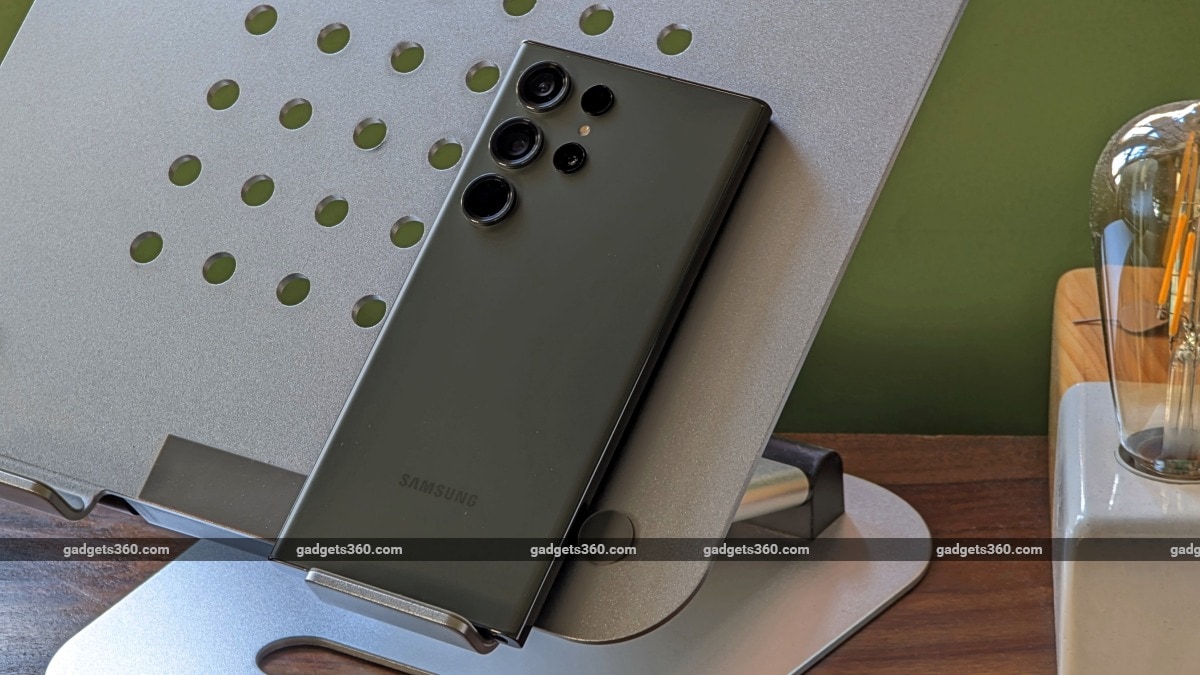Products You May Like
Google paid Samsung billions of dollars in order to make the search giant’s app store, assistant, search engine, and other services the default options on smartphones made by the latter, according to information that has emerged during the ongoing Google vs Epic Games trial. On Monday, Google Vice President for Partnerships James Kolotouros revealed that the company signed deals with various smartphone manufacturers, including the South Korean tech conglomerate, to have the Google Play store installed out-of-the-box on Android phones.
Bloomberg reports that Kolotouros’ testimony during the ongoing Google vs Epic Games trial revealed that around half of Google’s Play Store revenue comes from customers who own Samsung devices. The executive also said that the company planned to create a system to split revenue from the Play Store with smartphone makers in exchange for having the firm’s apps preinstalled on their smartphones.
Under Google’s ‘Project Banyan’ initiative that began in 2019, the company planned to spend $200 million on a deal that would have Samsung distribute its Galaxy Store app via the Play Store, according to the report. While that deal did not work out, the company agreed to pay Samsung $8 billion (roughly Rs. 66,500 crore) over a period of four years to have the Play Store exist on Samsung phones alongside the smartphone maker’s app store.
On Tuesday, Alphabet CEO Sundar Pichai also testified that the search giant pays Apple 36 percent of Safari search revenue in exchange for its service being the default on the company’s smartphones. Epic’s attorney reportedly asked Pichai if the amount paid by Google to Apple was higher than what it paid Samsung, and the CEO stated that it was possible but added that it was like comparing apples and oranges.
The ongoing Google vs Epic trial has seen the latter produce several pieces of evidence as it tries to build a case against the search giant’s app store. Epic alleges that Google made the deals to protect its Play Store operating profit that — estimated by the game publisher to be over $12 billion (roughly Rs. 99,700 crore) in 2021 — by preventing the spread of alternative, or third-party app stores.
